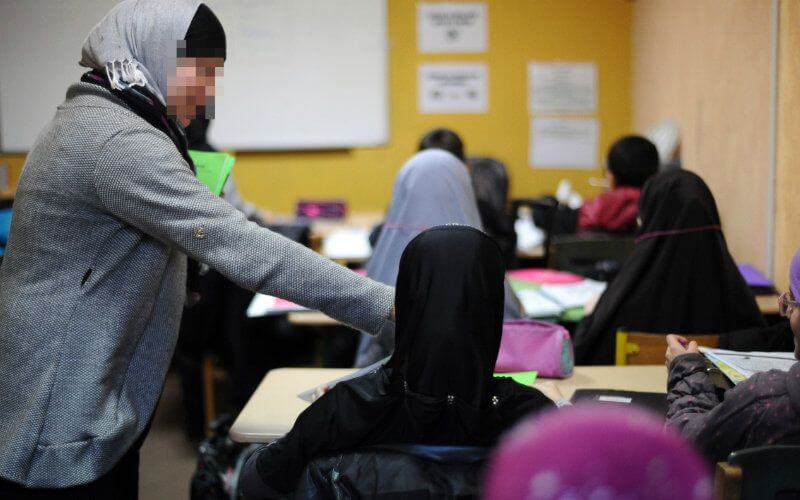Muslim Schools in France: Experts Debate Integration and Educational Impact

Muslim educational institutions are at the heart of a scientific colloquium taking place at the University of Nice (Alpes-Maritimes), with the theme "Muslim private institutions, a denominational offer like any other?". Academics are exchanging their views.
From the strategy of social mobility, the monitoring of educational directives, the problematic "minority" situations and external financing, the participants in the Colloquium present the Muslim educational institutions in all their states, reports la Croix.
For Rania Hanafi, Education Researcher, through the Bureau of Cults of the Ministry of the Interior, "most of these establishments are located in priority education areas, in an environment of relegation, where the establishment, rather than being a community enclave, acts as a buoy to better succeed at school".
Analyzing the subject, Sébastien Riva, member of the Amiens Center for Research in Education and Training, suggested that parents primarily want their children to succeed, have a career, go to university and achieve a better social status than them.
"Parents are certainly looking for intellectual instruction. But, beyond that, they want a much broader education: social, ethical and spiritual education," he said.
For her part, Mayuko Yamamoto, Researcher at the School of Advanced Studies in Social Sciences (EHESS), explains: "We also find a strong desire for cultural transmission, [because] the goal is to train good Franco-Muslim citizens".
However, it is "not a question of an abracadabrantesque school curriculum," warns Jean-François Bruneaud, Doctoral Student in Educational Sciences and Co-organizer of the Colloquium.
Moreover, the issue of the financing of these establishments poses a problem. "We know very well, for example, that Algeria, Morocco, Tunisia finance certain structures and have a right of oversight," explains Sébastien Vida.
Nevertheless, he believes that "if the State were to replace these foreign interventions and fill this gap, the problem would be solved".
Related Articles
-

French Air Traffic Chaos Looms: Massive Strikes to Cripple Flights Nationwide
7 September 2025
-

French Summer Tourism Slumps: Morocco Sees 21% Drop as Economic Woes Hit Travel Industry
5 September 2025
-

Undocumented Moroccan Delivery Driver Arrested in Nîmes, Faces Deportation
5 September 2025
-

Racial Controversy Erupts as Pierre Ménès Claims "Eleven Blacks" in French National Team
5 September 2025
-

Moroccan Man Faces Deportation Risk After Domestic Violence Conviction in France
4 September 2025